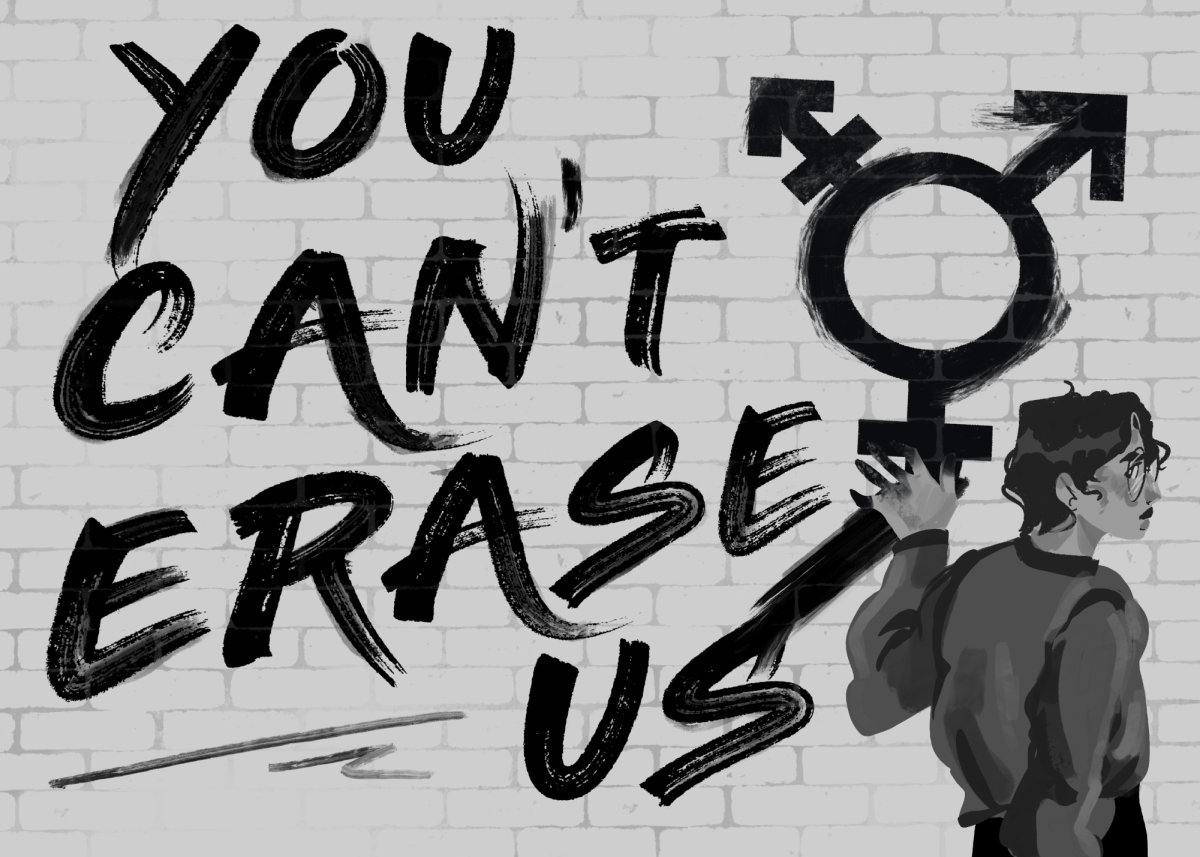At the end of last week, the college sent an email to the campus community in response to the Trump Administration’s latest directive that colleges and universities stop race-based student programming, resources and financial assistance.
The Chronicle had already reported the unprecedented move by the Department of Education’s Office of Civil Rights, which instructed colleges to stop using “race preferences and stereotypes” as a factor in their admissions, hiring, promotion, compensation, scholarships, prizes, administrative support, sanctions, discipline and more.
Institutions that did not comply and end their DEI programs within 14 days could risk losing federal funding, including for offices like TRIO on Columbia’s campus, which is designed to help students from low socioeconomic backgrounds or who are disabled.
In his email to the campus community, interim President and CEO Jerry Tarrer showed the fine line the college — and other institutions — will have to walk in responding to the threat on our DEI programs.
Tarrer noted that Columbia receives two types of federal funding, Pell Grants and federal work-study and the TRIO office.
“While we are confident we are not in violation of anti-discrimination laws, we have a responsibility to protect our students’ ability to pursue their education, and thus we take the administration’s directive very seriously,” Tarrer wrote.
In other words, the college doesn’t want to risk losing the funding that may help its most vulnerable students.
At the same, the college doesn’t want to abandon its DEI efforts, which Tarrer also pledged. “I want to assure you we are committed to staying true to our DNA as an institution, which is one where we not only welcome and support difference but we actively embrace it.”
That was the right message to send. It is important to address the needs of all students. Lots of students rely on federal aid, but many care deeply about what their institution is doing to acknowledge and provide support for its diverse student population.
Other higher education institutions have responded similarly.
The University of California’s President Micheal V. Drake sent out an email to the system’s 10 campuses saying that they will continue to provide their students with equal opportunities regardless of race, sex, color, ethnicity, or national origin. Their leadership will be meeting to determine what the impact of these changes will be and will inform the students and staff.
Colorado State University sent a message to their college about their current interpretation of what this could mean for changing jobs and programs but did say that this may change over time. Colorado State also stated that they provide the opportunity for all and will continue to do so. They even created a website for all the information about federal updates.
Closer to home at DePaul University, the DePaulia reported that its faculty held a panel discussion to answer questions about the legality of the order and to assure students and each other that the university would not “run from a bully.”
Columbia needs to consider holding a similar conversation on our campus where students, faculty and staff can talk openly about their concerns and ways in which the college can also maintain its DEI commitments.
Students deserve these types of open conversations and deserve to be a part of them to express how they feel about these changes and to ask questions.
We hope that as the deadline approaches, the campus conversations Tarrer promised in his email will happen soon and openly, giving everyone an opportunity to participate.
Copy edited by Patience Hurston














